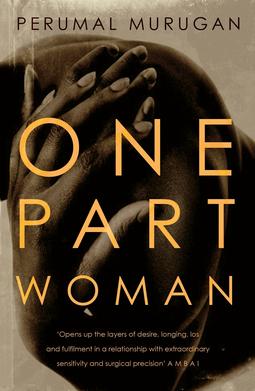The story revolves around Kali and Ponna, a loving and devoted couple who are unable to conceive a child. As they navigate the societal pressures and expectations of parenthood, they become entangled in the age-old ritual known as "ekothism," where for one night a year, women are allowed to consensually enter into liaisons with other men to potentially conceive a child. The novel explores the emotional turmoil, moral dilemmas, and consequences of this practice on the couple's relationship and their place in society.
Perumal Murugan's writing is deeply evocative, drawing readers into the world of rural Tamil Nadu with vivid descriptions and a richly drawn cultural backdrop. The characters, especially Kali and Ponna, are complex and multi-dimensional, making their struggles and decisions all the more emotionally charged.
The author adeptly tackles themes such as societal pressures, gender roles, and the concept of female agency. "One Part Woman" provides a thought-provoking examination of the sacrifices people make to fulfill their desires and the challenges they face in a society that enforces rigid norms and expectations.
The novel is not just a tale of a couple's pursuit of parenthood; it's a reflection on the intricacies of human relationships and the lengths to which individuals are willing to go to find happiness. It raises questions about the choices we make, the compromises we accept, and the impact of societal judgment on our lives.
In conclusion, "One Part Woman" is a deeply moving and socially relevant novel that explores the complexities of love, desire, and tradition. Perumal Murugan's storytelling is both heartfelt and thought-provoking, and it provides readers with an intimate and emotionally resonant look into the lives of Kali and Ponna. This book is a must-read for those who appreciate literature that challenges societal norms and raises profound questions about the human experience.




Comments (0)